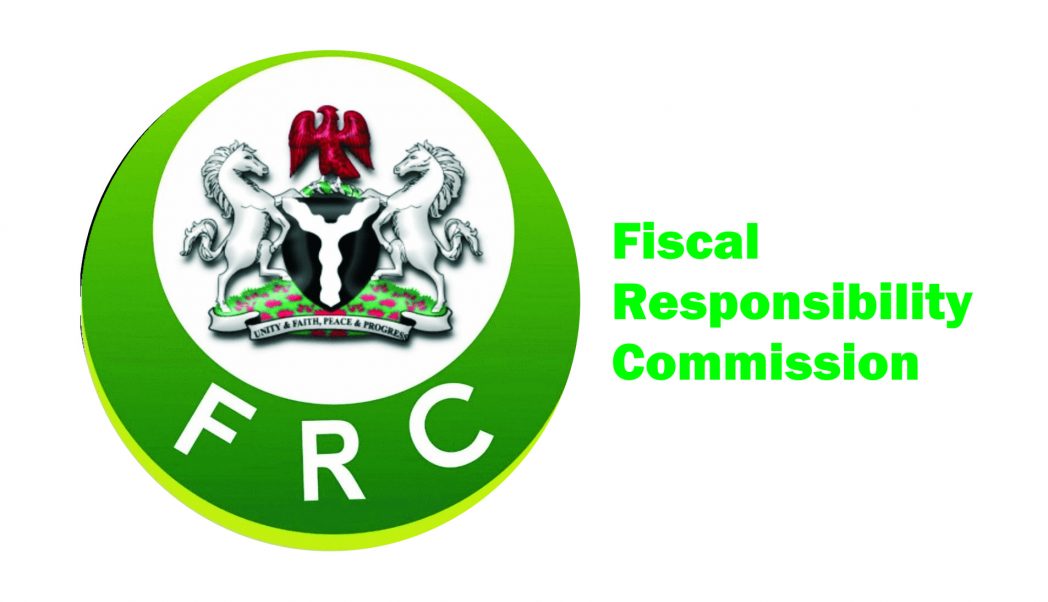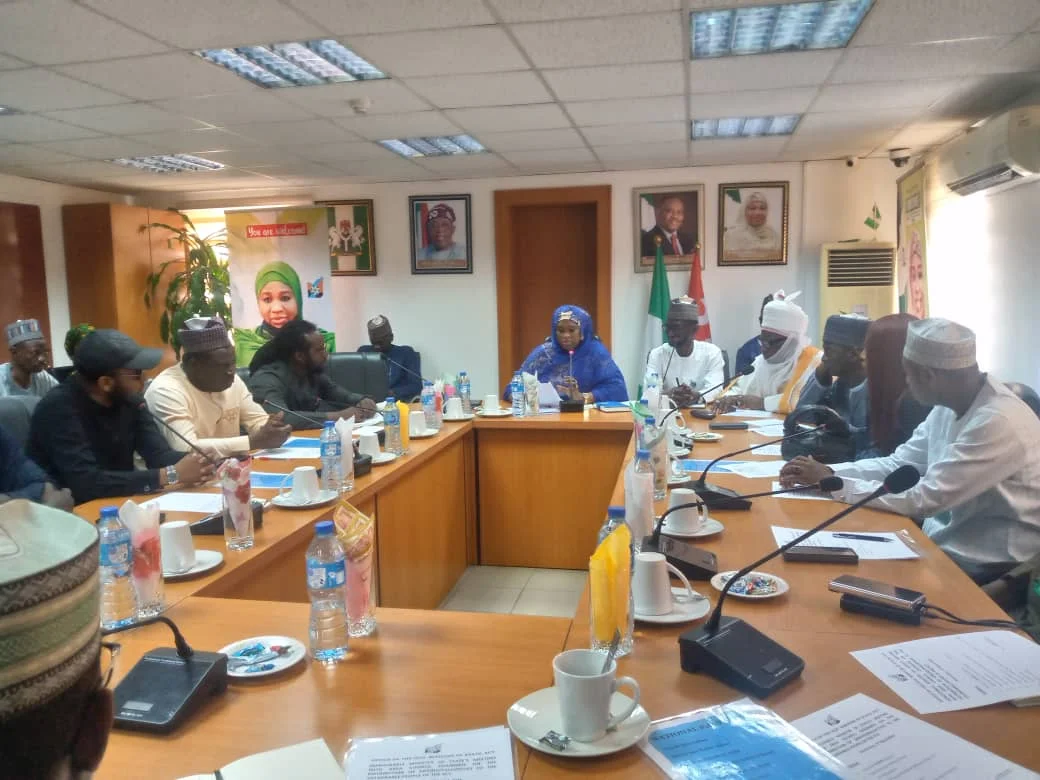Business
‘36 States, FCT Generated N2.57trn Net Revenue In 2018’

Fiscal Responsibility Commission (FRC) has put the total net revenue of the 36 states and Federal Capital Territory (FCT) at N2.57 trillion excluding the Internally Generated Revenue (IGR).
Acting Chairman, FRC, Mr Victor Muruako, disclosed this in the 2018 Annual Report and Audited Accounts of the commission and made available to newsmen in Abuja.
Muruako said that Delta had the highest total net revenue of N213.63 billion and it accounted for 8.32 per cent of the total net revenue of the 36 states and FCT.
He also said that Akwa-Ibom was second with N202.37 billion accounting for 7.88 per cent of the total net revenue in the year under review.
He said that Rivers ranked third with total net revenue of N172.63 billion or 6.72 per cent of the total net revenue of the 36 states and FCT in 2018.
“Bayelsa which ranked fourth had total net revenue of N153.11 billion representing 5.96 per cent of the total net revenue of all the states and FCT.”
According to him, the forgoing analysis shows that Delta, Akwa-Ibom, Rivers and Bayelsa states which recorded the highest total net revenue in 2018 are all oil producing states that enjoy the statutory 13 per cent crude oil derivation.
He said obviously, this must have contributed to their respective total net revenue in relation to the other states.
“Lagos State accounted for the fifth largest total net revenue in 2018 with N119.02 billion representing 4.64 per cent of the total net revenue of the 36 states and FCT.”
The acting chairman attributed the high revenue level of Lagos State in 2018 to the Value Added Tax (VAT) revenue generated by the state.
Business
NCDMB Tasks Media Practitioners On Effective Reportage

Business
FCTA, Others Chart Path To Organic Agriculture Practices

The Federal Capital Territory Administration (FCTA) and other stakeholders have charted path to improved organic agriculture practices nationwide.
At a 2024 national organic and agroecology business summit held recently in Abuja, stakeholders took turn to speak on the additional areas of promoting the practices.
The Mandate Secretary, FCT Agriculture and Rural Development Secretariat (ARDS), Lawan Geidam, advocated for sustainable practice to develop resilient food systems that will benefit people.
The event, with the theme,”Towards Policies for Upscaling Organic Agroecological Businesses in Nigeria”, is aimed at fostering growth in the organic agriculture sector.
Geidam, who was represented by the Acting Director, Agric Services, in the Secretariat, Mr. Ofili Bennett, emphasised the success of organic and agroecological farming, reling on the active involvement of farmers, businesses and consumers.
He reassured attendees that the FCT Administration, led by the Minister, Nyesom Wike, and Minister of State, Dr. Mariya Mahmoud, remains dedicated to supporting initiatives that enhance the livelihood of residents.
Geidam described the partnership between the Secretariat and the organic and Agroecology initiative for a monthly exhibition and sale of organic products in the FCTA premises as a testament to this commitment.
“The ARDS remains committed to driving policies and initiatives that align with national goals and global standards”, Geidam said.
On her part, the Chairperson of Organic and Agroecology Initiative, Mrs. Janet Igho, urged residents to embrace healthy eating habits to sustain a good lifestyle. She stressed the importance of adopting organic practices, highlighting the benefits of going organic, growing organic and consuming organic products.
Igho expressed her optimism regarding the Agricultural Revival Programmes as articulated in President Bola Ahmed Tinubu’s “Renewed Hope Agenda”, which aims at fostering food and nutrition security.
She also extended her gratitude to ARDS for graciously allocating a space in the FCTA premises for the exhibition and sale of organic products, noting that the platform has been effectively used to advance the promotion of organic agriculture in FCT.
Igho outlined several benefits of organic agriculture which includes improved soil health, increased biodiversity, availability nutritious and healthy food and a reduced carbon footprint.
Stakeholders at the summit, underscored the critical need for enhanced private sector involvement and robust capacity building initiatives for farmers.
They highlighted the importance of implementing supportive policies to foster the growth of the organic agriculture sector.
In the light of the significant challenges facing Nigeria’s agricultural landscape, stakeholders decided that organic agricultural practices present sustainable solutions and a pathway for a more resilient and productive farming systems.
The three-day summit featured exhibitions showcasing organic foods, fruits, vegetables and fertilizers, providing an opportunity for residents to better appreciate the benefits of production and consumption of organic agricultural products.
Business
Dangote Refinery Exports PMS to Cameroon


